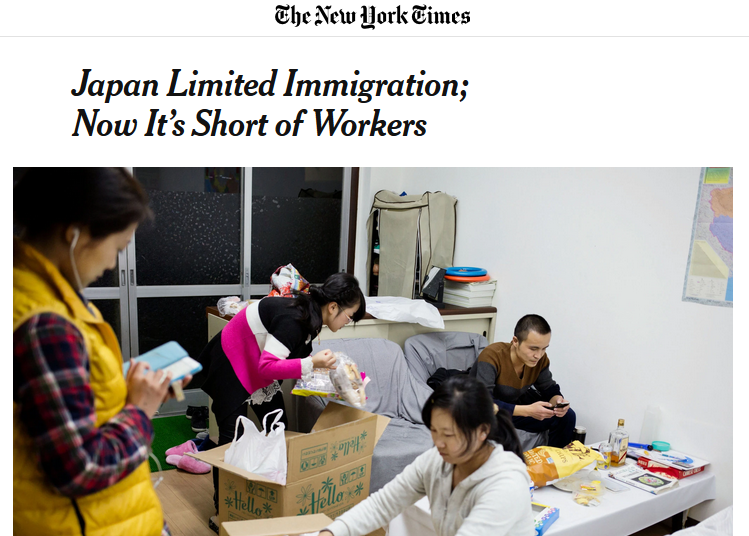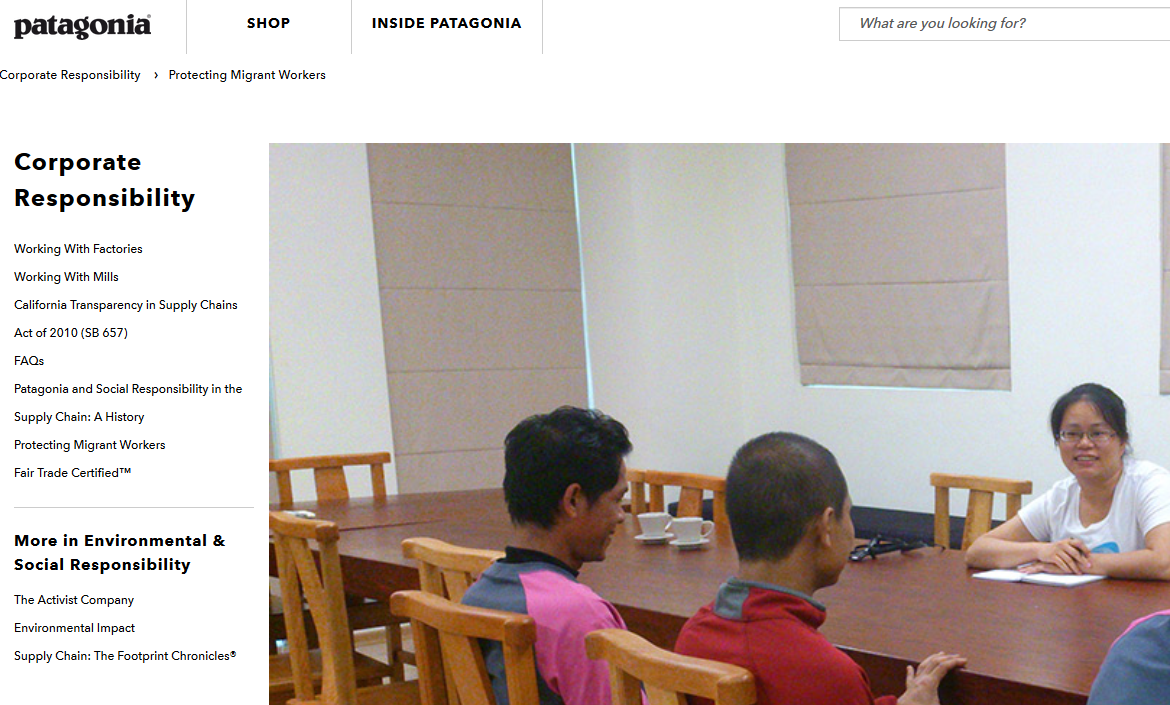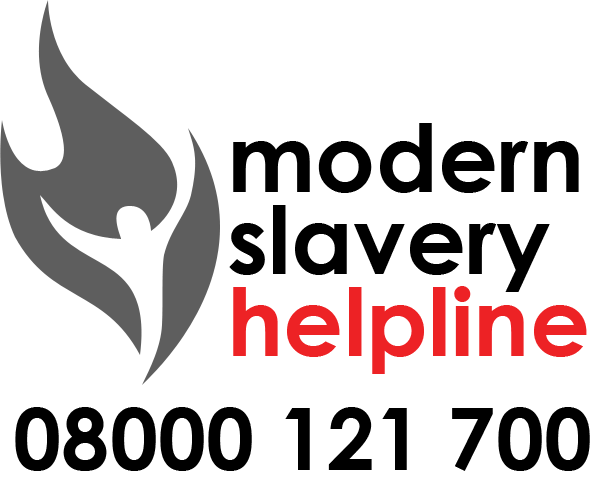Italy, Japan, UK, Taiwan Fashion factories modern slavery reports
Italian Fashion Factory Reports in recent years
Italian fashion factories making high-end luxury goods do not normally make one think of #ModernSlavery , but they are one place trafficked workers have been found to be working on Luxury Fashion production.
This 2018 NewYorker article discussed the Chinese workers who assemble Designer fashion bags in Tuscany in Italy
The BBC also reported on how Chinese workers make a lot of the fashion in Italian factories, saying in 2014 that "there are approximately 4,000 Chinese-run clothing factories in Prato" https://www.bbc.co.uk/news/business-21350013
The BBC stated that "Before the arrival of the Chinese, thousands of small Italian textile units were a source of cheap "Italian made" clothes, producing them on the side from Italian-made fabric - often with the help of hired Chinese workers" and that "The long hours put in by the Chinese in Prato are helping fill High Street chains such as Primark, H&M and Topshop in Europe with trendy, disposable fashion." Chinese factories in Italy have also been reported to be making luxury fashion brand products too.
What can you do? To remediate cases where any of these Chinese workers might have been trafficked and be in modern slavery, or just suffering any labour exploitation, or in factories with unsafe conditions, some fashion brands have built programmes and collaborations for deep and rigorous supplier and undeclared sub-contracting monitoring through Ethical Fashion partnerships with non-profits, and collaborations. Reach out to SupplyESChange if you'd like tips on what might be most appropriate steps for your brand.
To help you ask fashion brands you like whether the beautiful Made In Italy they sell is made in sites rigorously monitored for respect for Human Rights, through collaboration with transparency to ensure people aren’t in Forced Labour or are helped into better conditions, you can read more from Fashion Network about Made in Italy by Chinese workers by clicking this picture:
Japan Fashion Factory Reports in recent years
If you are in Fashion, no doubt you’ve heard that Japanese Denim is the best. Like Italy, Japan has an ageing population, yet a fantastic apparel industry.
To help factories meet labour shortages, the government allows foreign migrant workers to come work on 3 years work visas. Unfortunately, many agents charge fees for these workers to come to Japan from China, Vietnam, and now Myanmar, mean these migrant workers can end up in bonded labour #modernslavery conditions.
The NYTimes wrote here in 2017 about this growing trend here https://www.nytimes.com/2017/02/10/business/japan-immigrants-workers-trump.html
Many brands have worked together in Ethical Fashion collaborations to influence Japan apparel factories and fabric to respect foreign migrant workers Human Rights by returning passports, getting agent fees repaid, and ensuring freedom or movement and more. This work has been much easier in collaborations where Fashion brands wanting to conduct Ethical Fashion learn from each other, and send a united voice to suppliers so suppliers hear one clear message about the improvements needed for workers.
Taiwan Fabric Mills and courageously transparent brands who report on remediating the Modern Slavery
Taiwan has a very developed economy, and high education levels, so in recent years, to meet labour shortages in the excellent Taiwan fabric mills, migrant workers have been brought (on legal work visas) from Vietnam and other poorer countries.
Patagonia got Transparent about how migrant workers who Taiwanese fabric mills use for labour can often be in #modernslavery debt bondage conditions. Read about the start of their Ethical Fashion work (eventually with other brands collaboratively) to end this here: https://www.inc.com/anna-hensel/patagonia-pledges-to-implement-higher-standards-in-factories.html
Collaboration is key as brands tend to all buy from the same factories, so the Patagonia website states they are working on: “System-wide Scaling: Share our standards and our efforts publicly; Reconvene interested brands; Continue to form industry partnerships to scale program to all migrant workers in Taiwan.”
Read about the good efforts of Patagonia to influence remediation/ eradication of risks of modern slavery for migrant workers in Taiwan fabric mills (that many apparel brands and/or their suppliers buy fabric from) here: https://www.patagonia.com/protecting-migrant-workers.html
Even in UK Fashion factories there have been reports of Modern Slavery and Exploitation....
In the UK, workers are often from south Asia, or eastern Europe, and in garment factories, particularly in Leicester, some have also ended up in conditions of modern slavery in recent years. Here you can find out more about how “Top UK fashion brands team up with law enforcement to combat modern slavery” in UK apparel factories, especially Leicester http://news.trust.org/item/20181113125741-rixrr/
After New Look and River Island and other fashion brands production was discovered undeclared outsourced to factories in Leicester with poor conditions, sometimes modern slavery conditions, these and other fashion brand buyers with Ethical Trade teams started more work improve conditions in Leicester garment factories. Read about the Channel 4’s Dispatches programme investigating the Leicester garment industry https://www.retail-week.com/topics/supply-chain/opinion-retailers-must-sanction-leicester-factories/7017941.article?authent=1 and watch the documentary here https://www.channel4.com/programmes/dispatches/on-demand/64584-003
Fashion companies can do something by joining Fast Forward by Stronger Together https://www.stronger2gether.org/related-organisations/ and Fashion brands like ASOS are also collaborating with each other to fight modern slavery together by sharing costs of good monitoring and training https://www.just-style.com/news/asos-urges-third-party-brands-to-tackle-modern-slavery_id135859.aspx
You or your company or Foundation could also promote or support the UK Modern Slavery Helpline (by @UnseenOrg a leading UK anit-slavery Charity), or if you see anything that looks suspicious, call it on 08000 121 700 in confidence to seek help, report or seek advice.
Follow on twitter @MSHelpline https://twitter.com/MSHelpline or or download the app.




